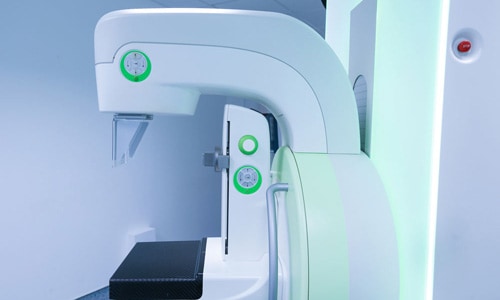Women’s Specialists of Plano Obstetrics & Gynecology ~ OBGYN serving Plano, Frisco and Dallas, TX

Thank you for visiting our web site. We are pleased that women today have more options for Obstetric and Gynecologic care than ever before, and we strive to be the leaders in offering innovative OBGYN treatments to patients in Plano, Frisco, Dallas and surrounding North Texas communities. For your convenience, we provide a wide variety of in-office services including Digital Mammography and 3D Sonography. In addition, we are committed to providing our patients with the most minimally invasive surgical treatments and procedures available such as da Vinci Robotic Surgery, a full range of laparoscopic and hysteroscopic procedures as well as in-office Endometrial Ablation. As a group of board certified OBGYN specialists, our collective expertise includes a full range of obstetric and gynecologic services. No matter what your stage of life, we deliver comprehensive, current, and most importantly compassionate medical care.
We listen to our patients to identify medical issues, determine treatment choices and strive to provide the best treatment options for your individual needs. To get to know us a little better please preview our physician profiles. We hope you find our web site a helpful resource and would appreciate your sharing it with friends and family who might find it useful. We wish you good health.
Women’s Specialists of Plano Mission Statement
Have you ever noticed that all mission statements start to sound alike? We do wholeheartedly believe in compassionate, top-notch care, but we believe that our mission statement is best made in our actions.
In the Office – We believe in service first. We believe in making you as comfortable as possible in an uncomfortable environment. We believe in getting you in to see the doctor for a problem as soon as possible, almost always the same day. We believe in making sure that you have all the necessary care and screening to make sure you stay healthy.
In Obstetrics – We believe in providing the highest level of care available anywhere for both normal and high risk Obstetrics. We believe that the health and well-being of both you and your baby comes before anything else. We believe that you deserve all the help and education you need to understand your pregnancy from conception through labor and delivery.
In Surgery – We believe in leading-edge state of the art surgical practice. We believe that our over 80 years of combined experience offers you the best opportunity to have a favorable outcome. We believe that our level of surgical expertise cannot be surpassed anywhere in the Dallas-Fort Worth Metroplex. We believe that the availability of advanced Robotic Surgery, Pelvic Floor Repair, and Urinary Incontinence Procedures give you the best chance of long-term success when surgery is required In short, you deserve the very best, and we believe that the very best in Obstetric and Gynecologic care resides here at Women’s Specialists of Plano.









